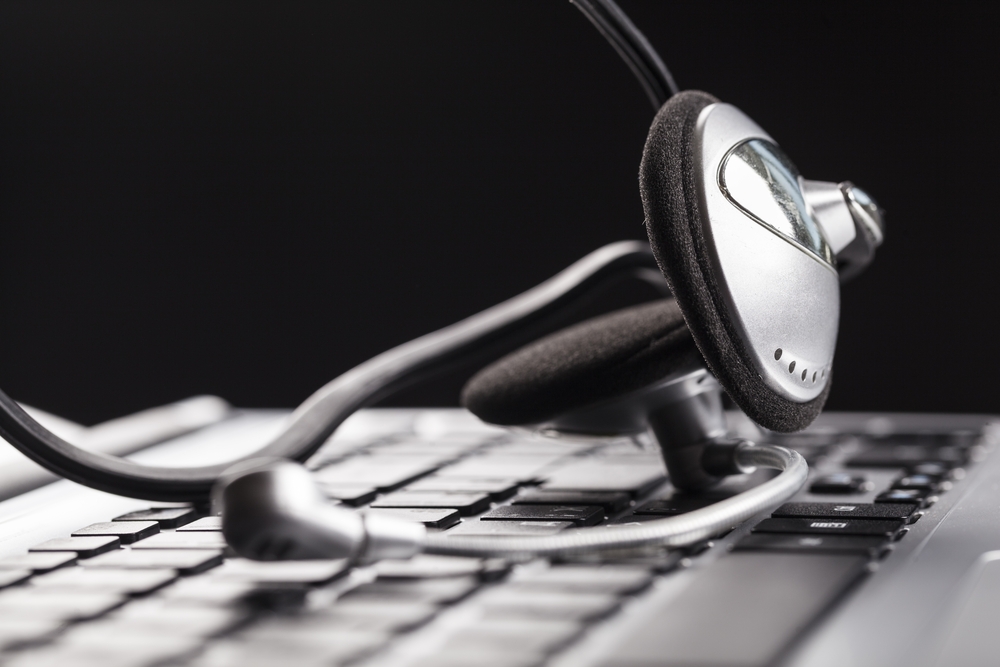Telephone mystery shopping: Are you allowed to record calls?
How many times do we judge a healthcare business based on the manner they answered the telephone? How would you feel if you, as a patient, were confronted by an inconsistent approach, or an unprofessional manner at the very first step of contact with a healthcare business?
The telephone is a powerful medium in reflecting a positive image of your organisation and is often the first point of contact when deciding on a private healthcare service for many people. It’s also a major tool you can leverage if you do not have enough appointments.
A healthcare business’s primary role is to provide the very best in patient care and advice, therefore, it is considered integral to provide a consistent level of quality in the telephone service, as well as the medical service, to your current and future patients.
Why you should be recording your calls
Considering most people within healthcare teams have a variety of skills, abilities and levels of positions, the consistent level of quality in telephone manner may be at risk. Our advice is – don’t be caught out!
The most effective way to ensure you are consistently reaching an optimum level and to evaluate any gaps that can be corrected by necessary and professional telephone training, is by understanding the current and ongoing quality of telephone call handling.
As specialists in healthcare marketing, we regularly undertake effective evaluation by monitoring and recording calls. Training is then designed with this insight, shaping it with optimum relevance and driving best learning.
Understanding the General Medical Council’s rules on recording calls
The privacy and data protection laws surrounding recording calls has always been a concern for the healthcare sector, resulting in missed opportunities by many healthcare organisations to effectively regulate the telephone service provided by patients and future patients.
For instance, the General Medical Council registers doctors to practice medicine in the UK. Its objective is to protect, promote and maintain the health and safety of the public by ensuring proper standards in the practice of medicine. It is therefore useful to follow the guidelines.
The official rules from the General Medical Council (GMC) in the UK
“Telephone calls from patients to healthcare organisations may be recorded for legitimate reasons, for example, for medico-legal purposes, staff training, and audit, provided you take all reasonable steps to inform callers that their call may be recorded. Given the sensitive nature of calls to medical advice lines or similar services, you should pay particular attention to ensuring that callers are aware that their call may be recorded. You must not make secret recordings of calls from patients.”
So, the basic take home message is this: You can record your calls, provided you
- are clear on the purpose
- inform callers their calls are being recorded
